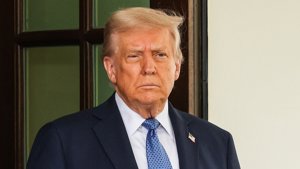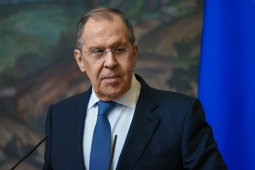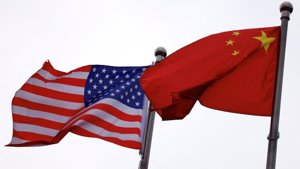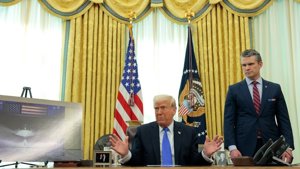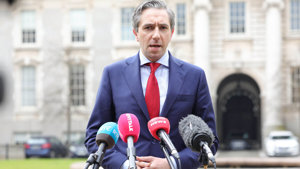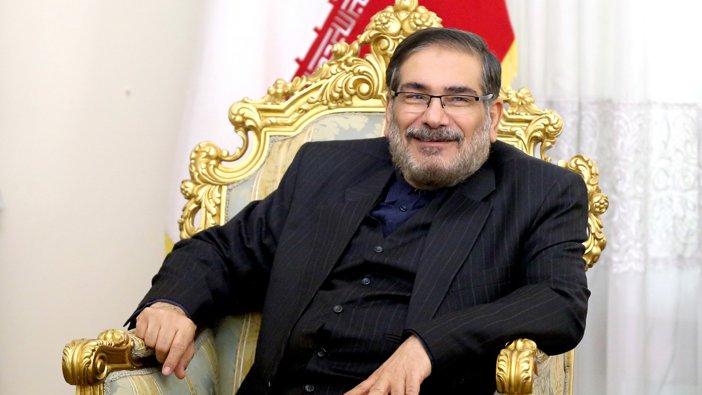
Iran Advisor Claims Trump Retreating from Military Threats
Ali Shamkhani, political advisor to Iran's Supreme Leader Ali Khamenei, stated on Saturday that United States President Donald Trump is distancing himself from coercive military rhetoric towards Iran, despite previous threats. Shamkhani shared his observations in a commentary published by the government daily Iran, noting explicitly that President Trump has refrained from initiating any military action against Iran. He linked Trump's current stance to efforts aimed at projecting domestic strength amidst perceived setbacks on international fronts such as Gaza, Yemen, and Ukraine, as well as ongoing economic issues.
Shamkhani further emphasized the importance of the ongoing diplomatic discussions between Iran and the United States in Muscat, Oman. Iranian state media have confirmed the commencement of the third round of technical nuclear negotiations in the Omani capital, describing these discussions as potentially pivotal. Shamkhani specifically characterized the Muscat talks as a "political turning point" for Trump's administration, suggesting they could redefine the dynamics of US-Iran relations.
Moreover, Shamkhani reiterated Iran's steadfast commitment to a dual approach blending determined resistance with proactive diplomacy. He stated clearly that Iran continues to demonstrate resilience on the ground, while simultaneously engaging actively and constructively at the diplomatic level. This approach, he argues, has allowed Iran to effectively manage complex geopolitical tensions, maintaining its national interests without escalating conflicts into military confrontations.
The advisor's comments come at a critical juncture, with diplomatic channels increasingly viewed as essential for resolving longstanding tensions between the United States and Iran. The outcomes of the ongoing nuclear negotiations in Oman will likely have significant implications for regional stability and international relations, potentially marking a shift away from military posturing towards renewed diplomatic engagement. The global community closely monitors these developments, anticipating whether this diplomatic path can lead to tangible resolutions and ease regional tensions that have persisted for years.

